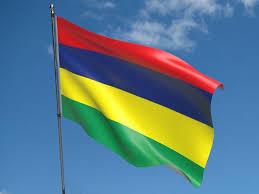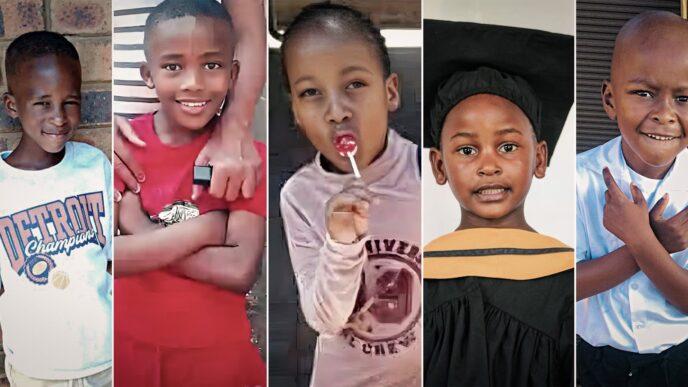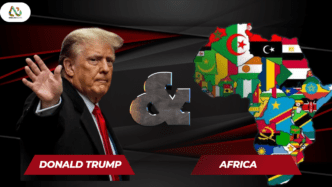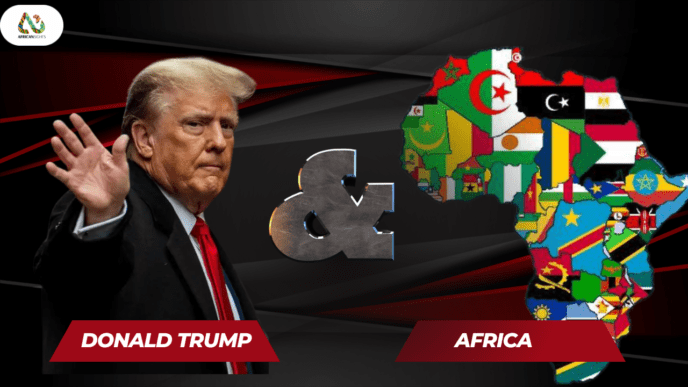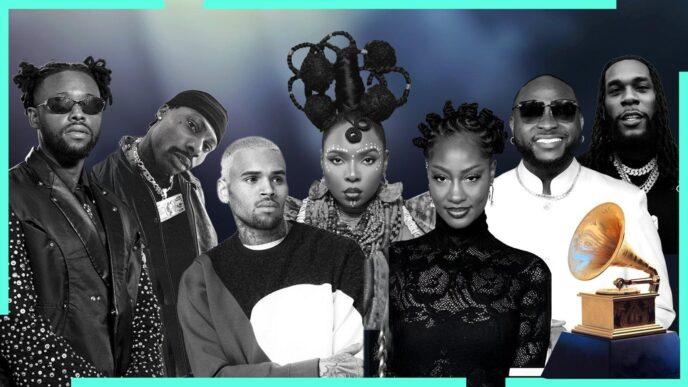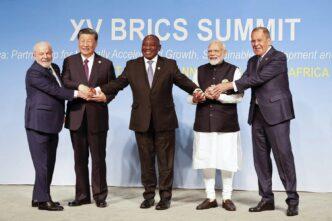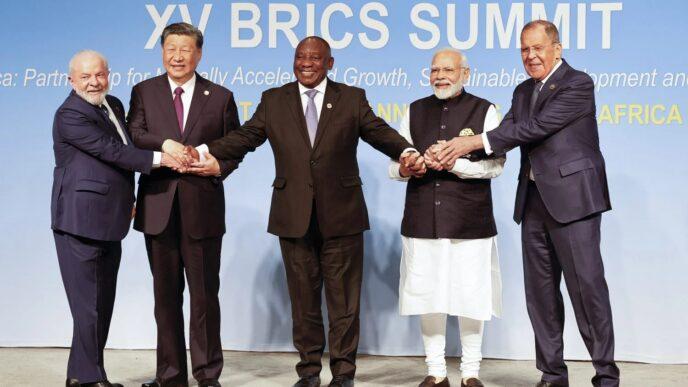Is Democracy at risk in the Mauritius Elections?
Criticizing Mauritius’ Political Elite
Mauritius is in the spotlight as voters head to the polls in a closely watched parliamentary election on Sunday, November 10, 2024. This vibrant island nation in the Indian Ocean, long celebrated as one of Africa’s most stable democracies, now faces questions about its political transparency and civil liberties amidst a wiretapping scandal that has left many citizens concerned about governance and privacy.
Mauritius Elections: The Jugnauth and Ramgoolam Dynasties
With Prime Minister Pravind Kumar Jugnauth and his Alliance Lepep coalition as the favorites, the Mauritius Elections is expected to be highly competitive.
Jugnauth’s coalition is promising economic changes, including a push for green growth, cuts in value-added tax, and higher minimum wages.
Meanwhile, his primary opponent, Navin Ramgoolam, a former two-time prime minister, leads the Alliance for Change, campaigning on a platform to lower income tax, reduce electricity costs, and enhance healthcare services.
However, these political promises are not the only thing on voters’ minds. A month before the election, Mauritius was rocked by a wiretapping scandal that saw confidential exchanges between politicians, businesspeople, journalists, and civil society figures broadcasted on social media.
The fallout led to a government-imposed social media blackout, which was eventually lifted after a backlash from both opposition leaders and citizens.
Jugnauth and his ministers were among those most impacted by the leaks, and critics worry the government’s response reflects a dangerous shift in how civil liberties are handled in a country known for its robust democratic values.
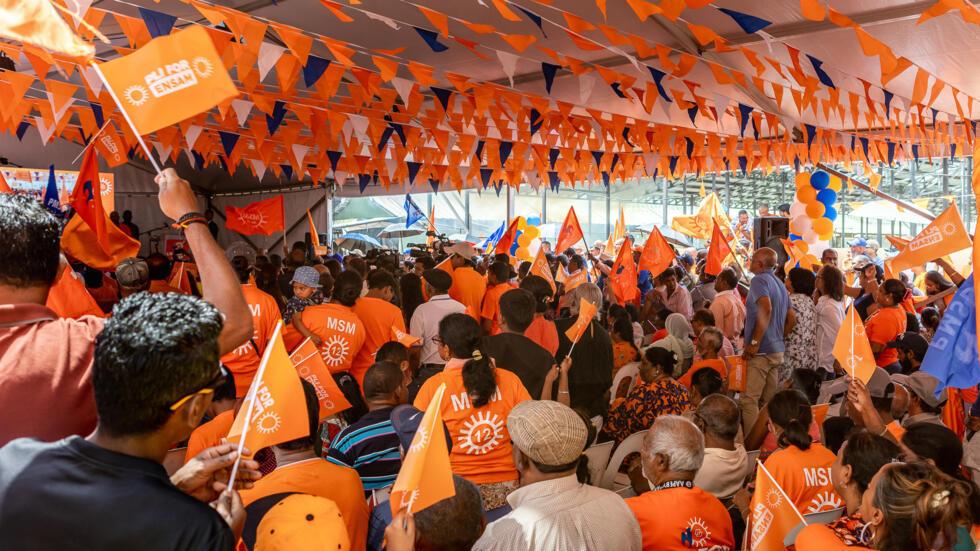
Rallying for Transparency and Ending Nepotism
At stake in the Mauritius Elections are 62 of the 70 seats in the National Assembly. While voting officially closed at 6:00 p.m. local time (1400 GMT), the results are expected on Monday or Tuesday.
Whichever coalition secures a simple majority will name the next prime minister. Over one million registered voters are casting their ballots, with the African Union also sending a 30-member observer mission to monitor the proceedings.
The contest has taken on added intensity due to a recent landmark deal with the United Kingdom over the Chagos Islands, a long-disputed territory.
Last month, the UK agreed to transfer sovereignty of the Chagos Islands to Mauritius, marking what Jugnauth hailed as the final step of the nation’s “decolonization.”
The deal, however, comes with a caveat: Britain will retain a lease for a joint U.S. military base on Diego Garcia for an initial period of 99 years, a point that has raised concerns among some citizens about the country’s autonomy.
Read Also: Mozambique Imposes Protest Ban Amid Deadly Post-Election Violence
The Slogan: “Neither Navin, Nor Pravind”
Despite Mauritius’ strong economic growth of 7% in 2023 and its reputation for stability, governance challenges persist.
Democracy researcher Roukaya Kasenally highlighted concerns over weakened institutional checks and balances, citing an uptick in corruption and recent procurement scandals.
These worries have been compounded by Mauritius’ recent drop in the Ibrahim Index of African Governance, slipping from first to second place, which has led citizens like Sakina, a 35-year-old teacher, to question whether their privacy and security are at risk.
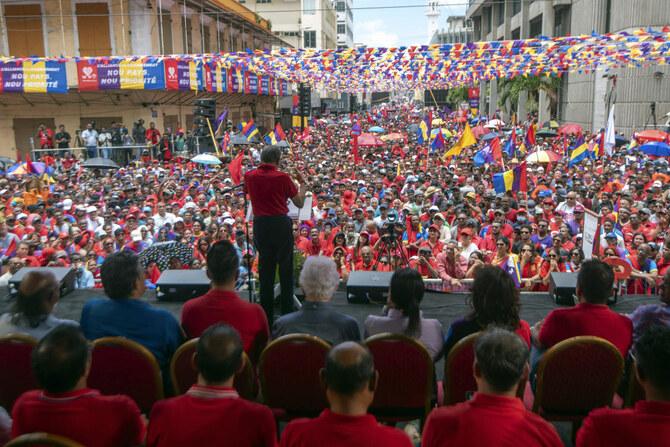
The campaign trail has also seen the rise of an alternative coalition, Linion Reform, which has criticized the longstanding dominance of Mauritius’ political elite.
Both Jugnauth, who inherited the premiership from his father in 2017, and Ramgoolam, son of the country’s first leader, represent families that have traditionally controlled Mauritian politics.
Linion Reform is rallying voters under the slogan “Neither Navin, Nor Pravind,” calling for transparency and an end to political nepotism.
As Mauritius’s citizens balance tradition and openness, continuity and change, the Mauritius Elections is likely to represent a turning point in the country’s history.
All eyes are on Mauritius to see if its long-standing democratic image will endure in the face of these difficulties, as polls are closed and results are pending.
What do you think this election means for the future of democracy in Mauritius?
Share your thoughts in the comment section below!
